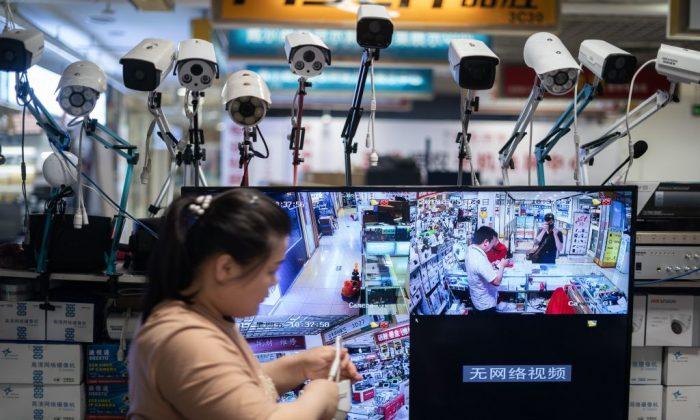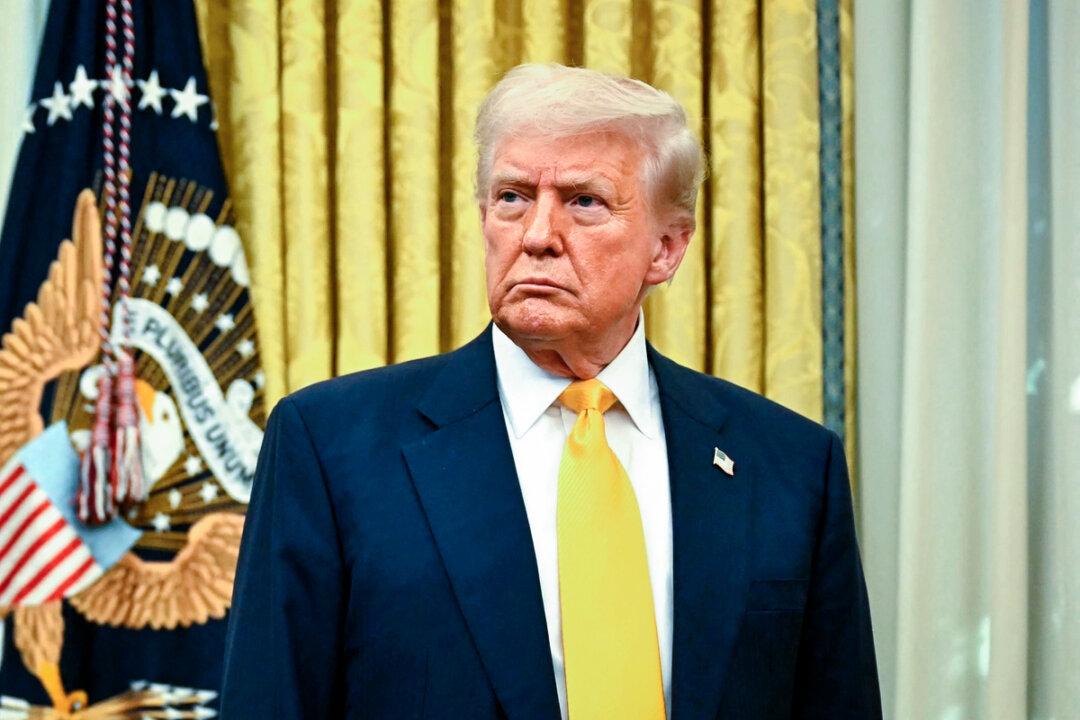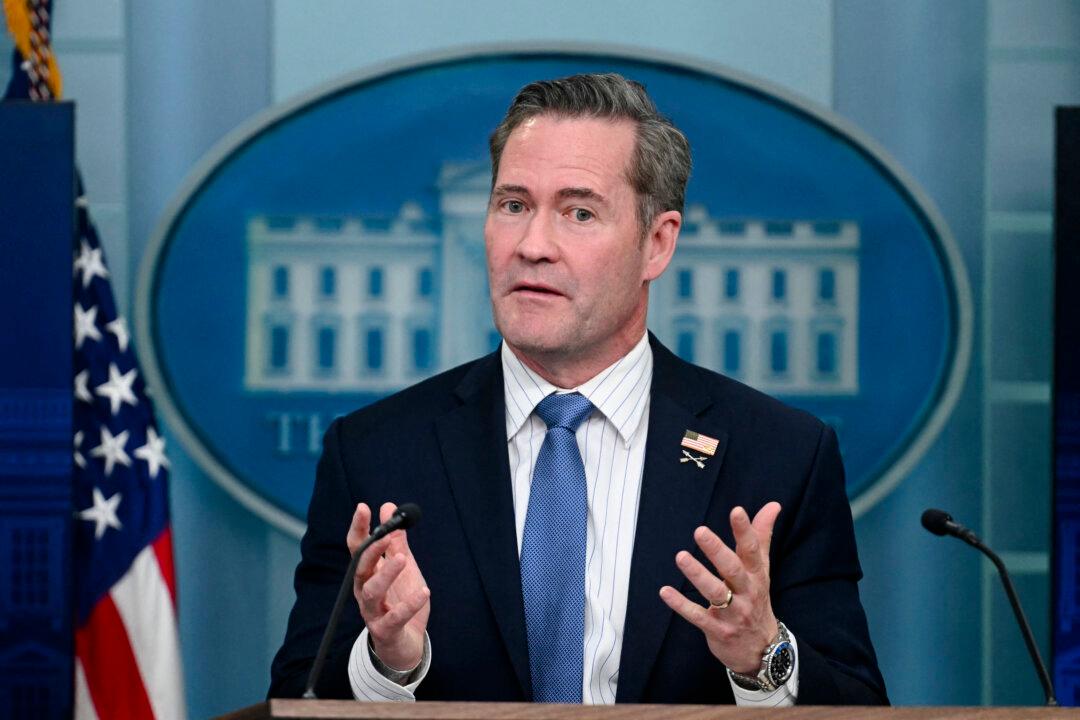WASHINGTON—Through public pension and retirement funds, Americans are underwriting China’s human rights abuses. Their investment portfolios hold China-based companies such as Hikvision, which has come under increased scrutiny over its role in the mass surveillance of millions of Chinese citizens.
Americans are “unwittingly aiding and abetting the concentration camp business” in China, according to Roger Robinson, a former member of President Ronald Reagan’s National Security Council and president and CEO of RWR Advisory Group, which tracks Chinese investments worldwide.
Many Americans own stock in companies such as Hangzhou Hikvision Digital Technology Co. through their retirement funds or various investment funds such as index funds, exchange-traded funds, and mutual funds.
“Obviously, this is a tremendous blow to their corporate reputation and to their share value,” Robinson said.
The expanding monitoring needs of the Chinese regime boosted the value of Hikvision in recent years, making it one of Wall Street’s favorites. The company’s stock has risen more than fivefold since it started trading on the Shenzhen Stock Exchange in 2010. The shares, however, dropped 11 percent after reports of possible U.S. sanctions.
Hikvision may be added to the Entity List of the U.S. Department of Commerce. If that happens, the company can survive in the short term, according to Robinson, but over time, it will lose its technological edge, similar to Huawei.
But sanctions would not end all the problems, he argued. MSCI, one of the world’s largest stock index firms, for example, may continue to hold Hikvision stock, despite U.S. sanctions, he said.
MSCI to Quadruple Chinese Shares
MSCI publishes numerous indices that act as a benchmark for investment funds. Hence, if a fund wants to benchmark its performance against the index, it would need to buy the stocks included in the index.The majority of U.S. investors are unaware of these companies and their malicious activities. Investment prospectuses, legal documents issued by companies during stock offerings, don’t disclose such risks to U.S. investors.
“You’ve never seen, to my knowledge, a company like Hikvision divested from a major American index fund for reasons of human rights and national security,” Robinson said.
“I don’t think it’s happened and if it does, it is a major precedent that opens the door to a number of other questionable companies that are in the MSCI as well as other indexes, including the Bloomberg Barclays global aggregate index.”
The Bloomberg Barclays index announced in January that it would include hundreds of Chinese companies in its index.
Robinson accused funds of not conducting enough due diligence related to human rights and national security issues.
“This is going to be a blind spot that is no longer afforded them,” he said, as public awareness is rising.
“American people would be outraged to learn that their retirement and investment dollars are being invested in companies that are so bereft of sensitivities to human rights concerns, that are aiding and abetting repression, that are participating in endangering our country,” he said.
There are other companies that have entered the investment portfolios of U.S. citizens like China Unicom, AVIC Aircraft, and China Shipbuilding. These companies are associated with sanctions violations, proliferation of weapons of mass destruction, cyberhacking, or building and militarizing the islands in the South China Sea, he said.





